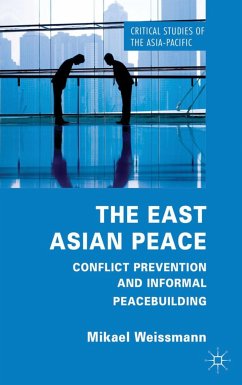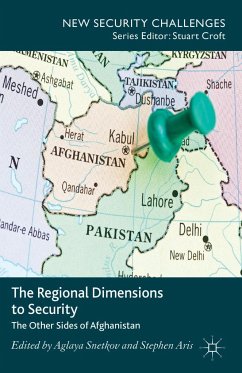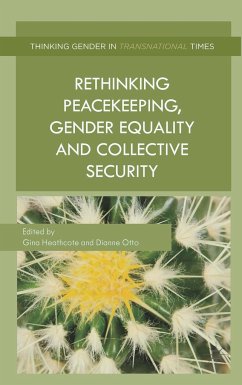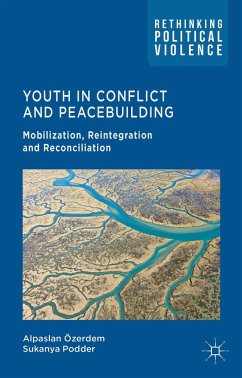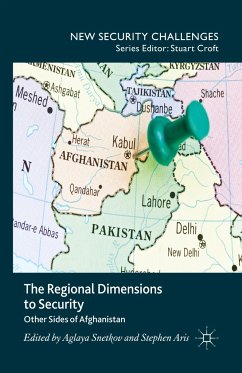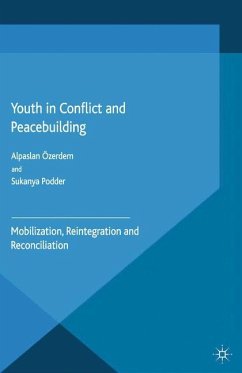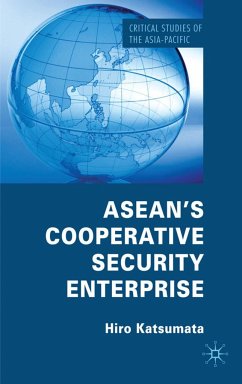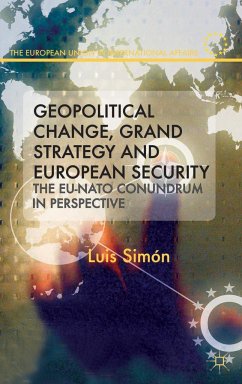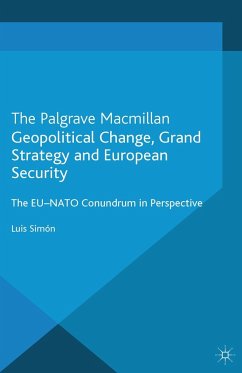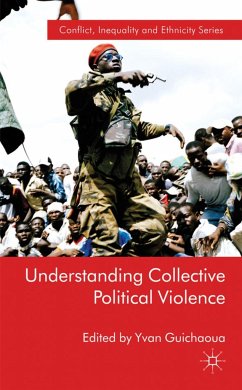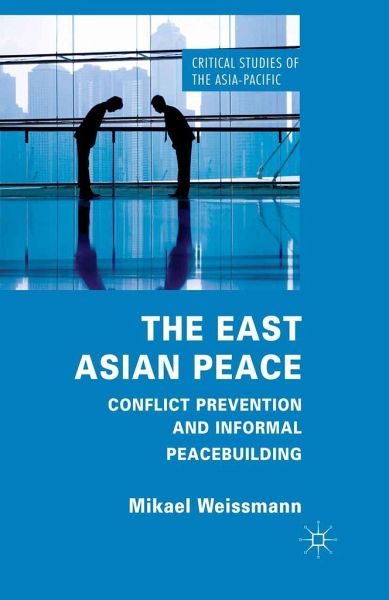
The East Asian Peace
Conflict Prevention and Informal Peacebuilding
Versandkostenfrei!
Versandfertig in 6-10 Tagen
38,99 €
inkl. MwSt.
Weitere Ausgaben:

PAYBACK Punkte
19 °P sammeln!
Using a case study based approach, Weissmann analyses the post-Cold War East Asian security setting to demonstrate why there is a paradoxical inter-state peace. He points out processes that have been important for the creation of a continuing relative peace in East Asia, as well as conflict prevention and peacebuilding mechanisms.





